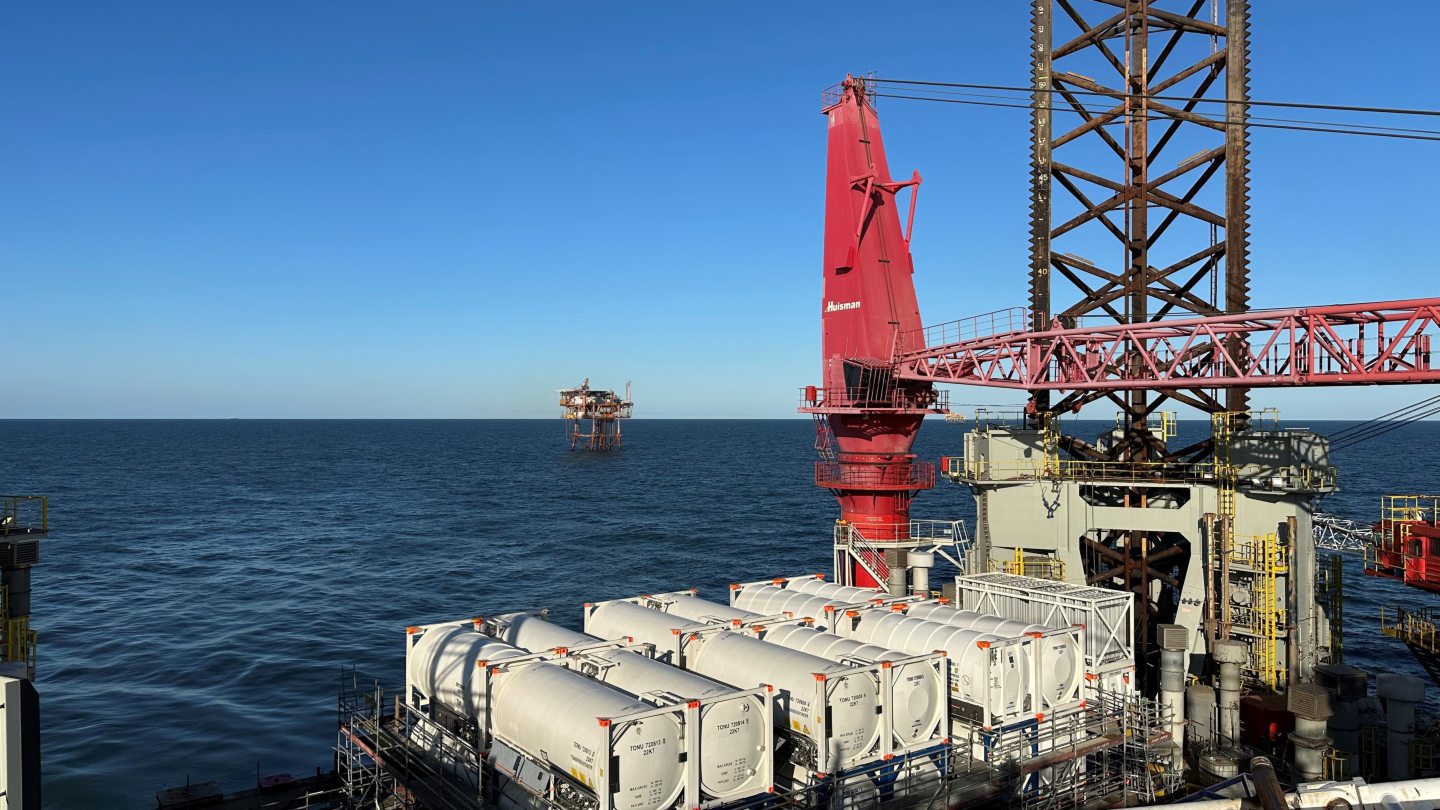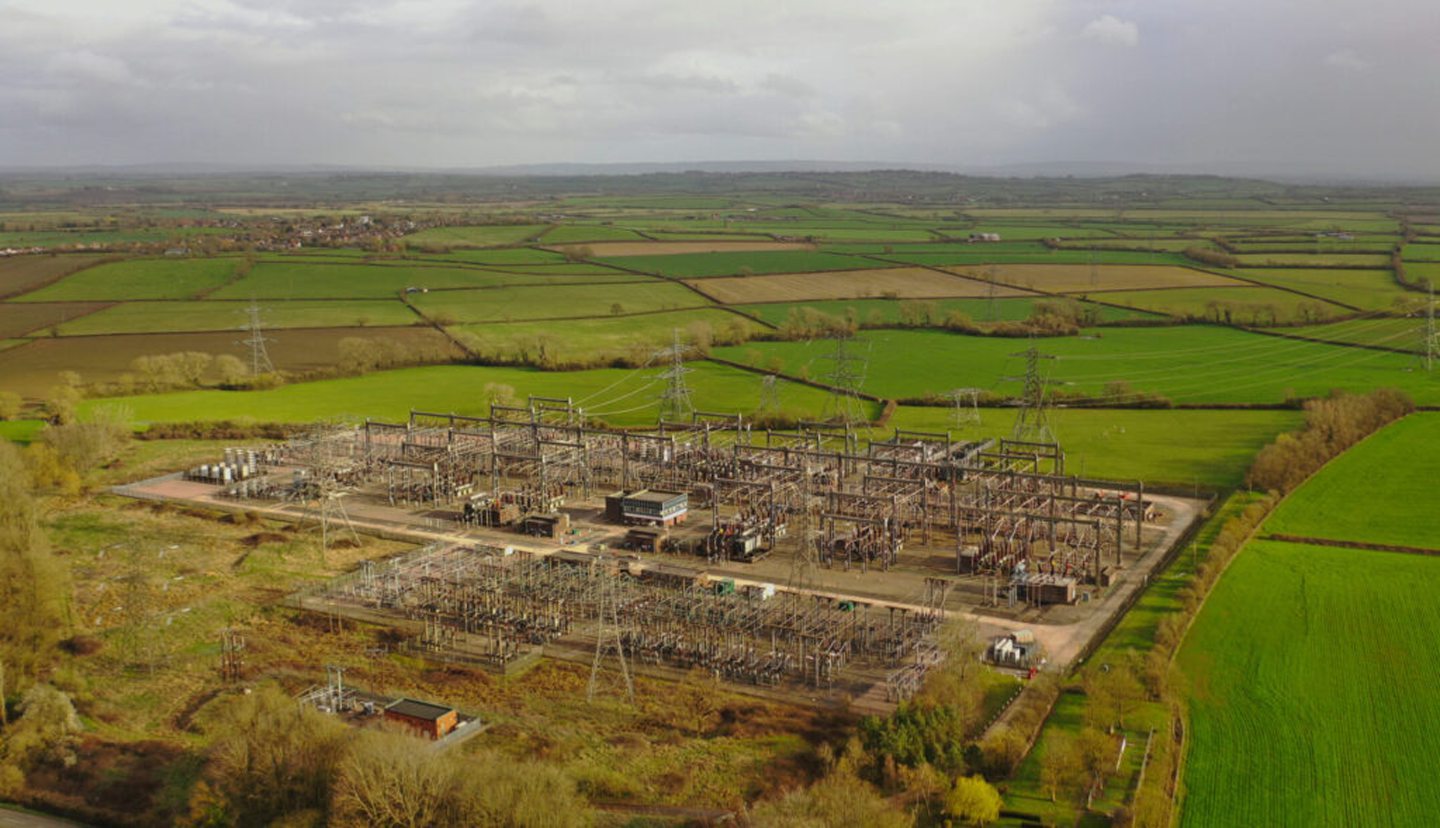The North Sea Transition Authority (NSTA) regulator is calling for nominations for potential carbon storage locations on the UK continental shelf (UKCS).
The NSTA said the process “builds momentum” in the UK carbon capture and storage (CCS) sector following the awarding of permits for the HyNet industrial cluster.
The regulator issued three carbon storage permits to Italian firm Eni for the £2 billion Liverpool Bay CCS project earlier this year.
The HyNet approval came after the NSTA issued permits for the £4bn BP and Equinor-led Northern Endurance Partnership in Teesside last year.
The advancement of the two so-called Track-1 CCS clusters followed the UK government pledging nearly £22bn towards the sector over the next 25 years.
In addition, the industry is also calling for the UK government to provide similar backing for Track-2 projects including Harbour Energy’s Viking CCS and the Acorn Project in Scotland.
Harbour cited slow progress on Track-2 support as part of the reason for its decision to cut 250 jobs from its Aberdeen headquarters last week.
Meanwhile, Acorn developer Storegga has warned delays to Track-2 means the UK is at risk of falling behind Norway and the US in developing a commercial CCS sector.
Outside of Track-1 and Track-2, the NSTA completed the world’s first ever carbon storage licensing round in 2023.
North Sea operator Perenco recently completed its first UK CO2 injection after securing a license in the NSTA round.
UK carbon storage
In opening its call for carbon storage nominations, the NSTA said companies will be required to submit spatial data and provide a high-level project description.
This will allow the regulator, alongside Crown Estate Scotland and The Crown Estate, to consider any spatial planning interactions in areas like offshore wind, the NSTA said.
The NSTA said the pre-application process should encourage offshore firms to focus on areas where they have already done technical work, which could lead to higher quality applications and cut project delivery times.
 © Supplied by Perenco
© Supplied by PerencoNominations will close on 31 July, and the NSTA will evaluate the proposals alongside the Department for Energy Security and Net Zero (DESNZ).
Altogether, the UKCS has the potential to store up to 78 gigatonnes of CO2 in depleted reservoirs and saline aquifers, the NSTA said.
As a result, the regulator expects the offshore sector “will be able to nominate good quality sites for a prospective licensing round”.
NSTA chief executive Stuart Payne said carbon storage is a “crucial part of the energy transition and an essential element of the path to net zero”.
“We’ve been talking about carbon storage for many years, but now we have reached the milestone of having permitted two projects which will turbocharge the UK’s drive to unlock investment, jobs and economic growth and reach net zero emissions by 2050,” Payne said.
“We are pleased by the ongoing enthusiasm from industry, and aware that pace is needed as we help to effect the transition, and that is why we are calling for nominations now.”



















